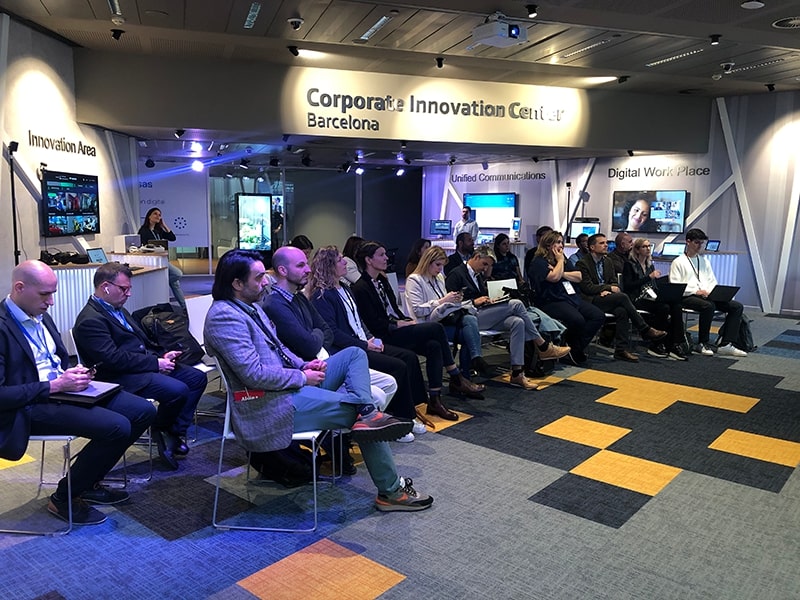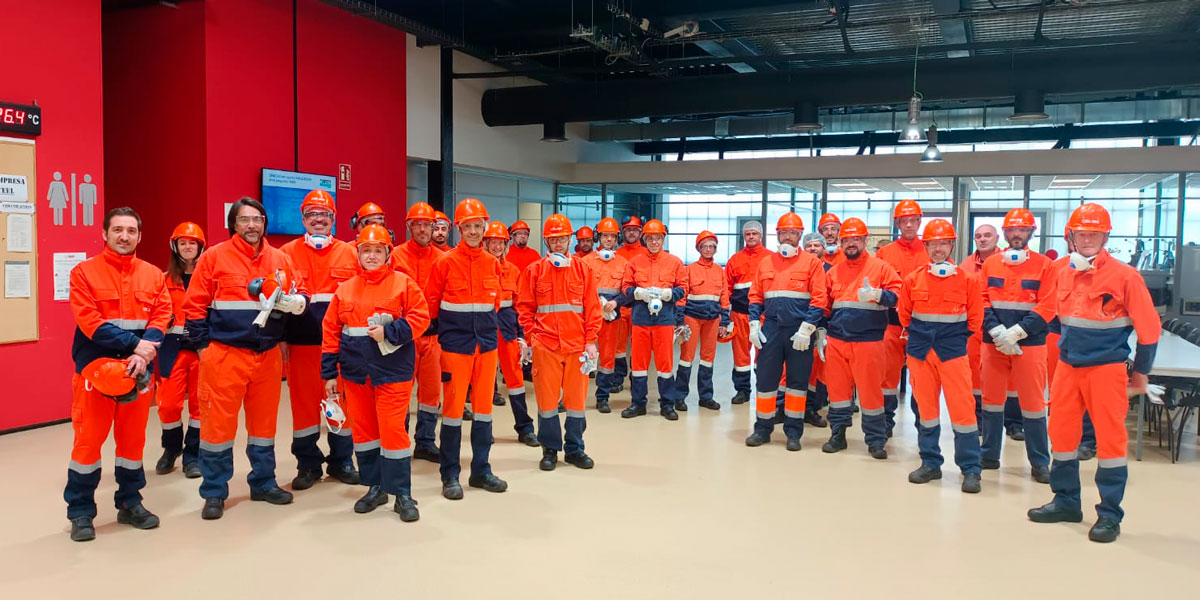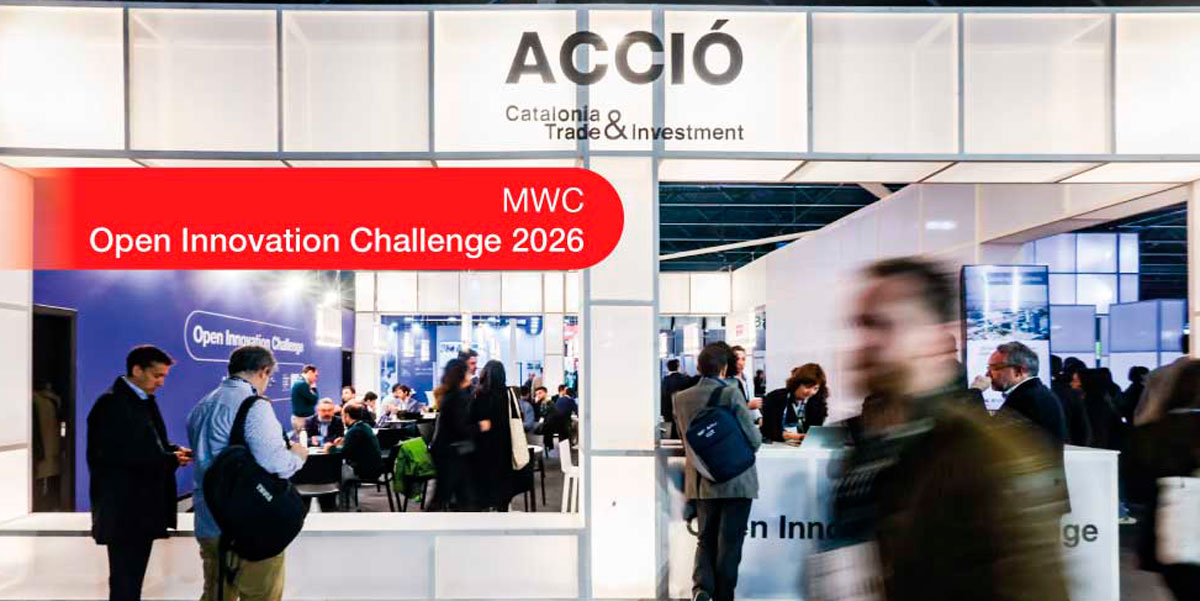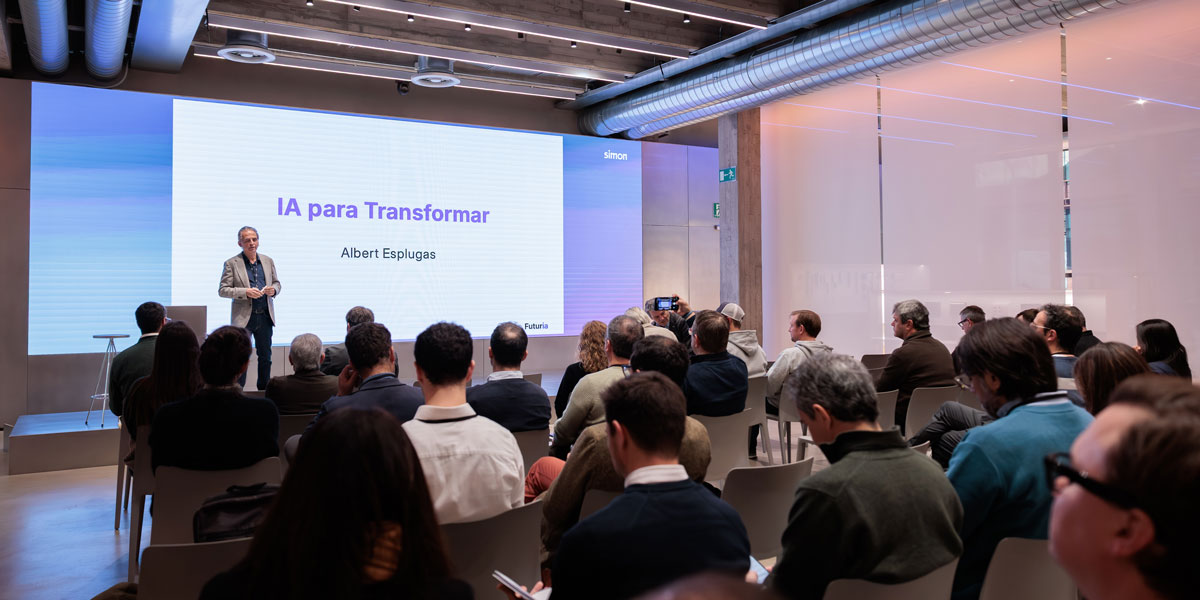The question is no longer whether we should adopt Generative AI, but when we will drive the adoption plan in our organization.
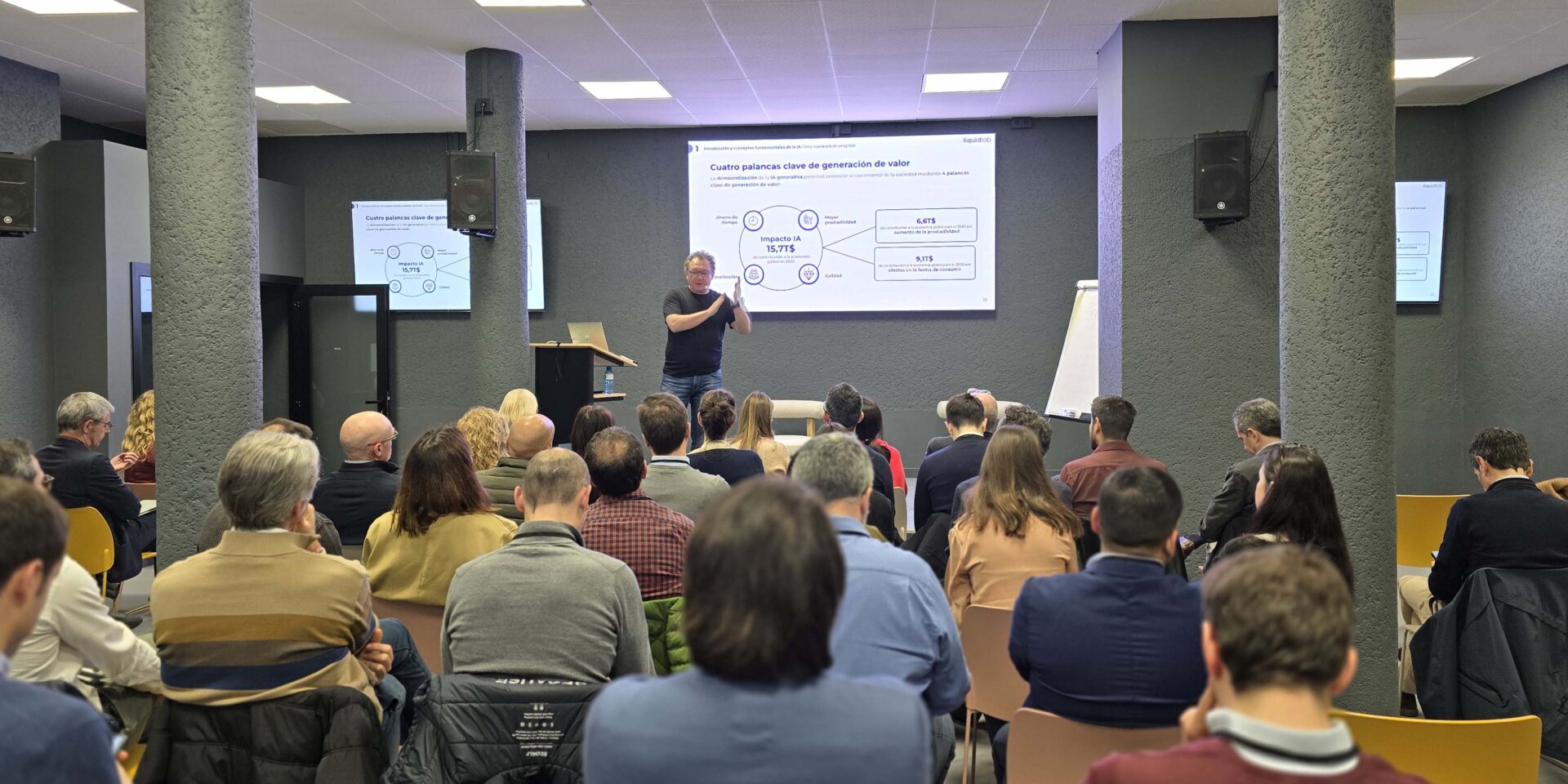
Generative artificial intelligence (AI) is redefining the relationship between humans and technology. However, unlike humans, AI has no consciousness or will of its own; it has no intentions or values. It is we who determine its use, its limits, and its impact on society. Consciousness is what makes us human, and this principle must guide the implementation of AI in organizations.
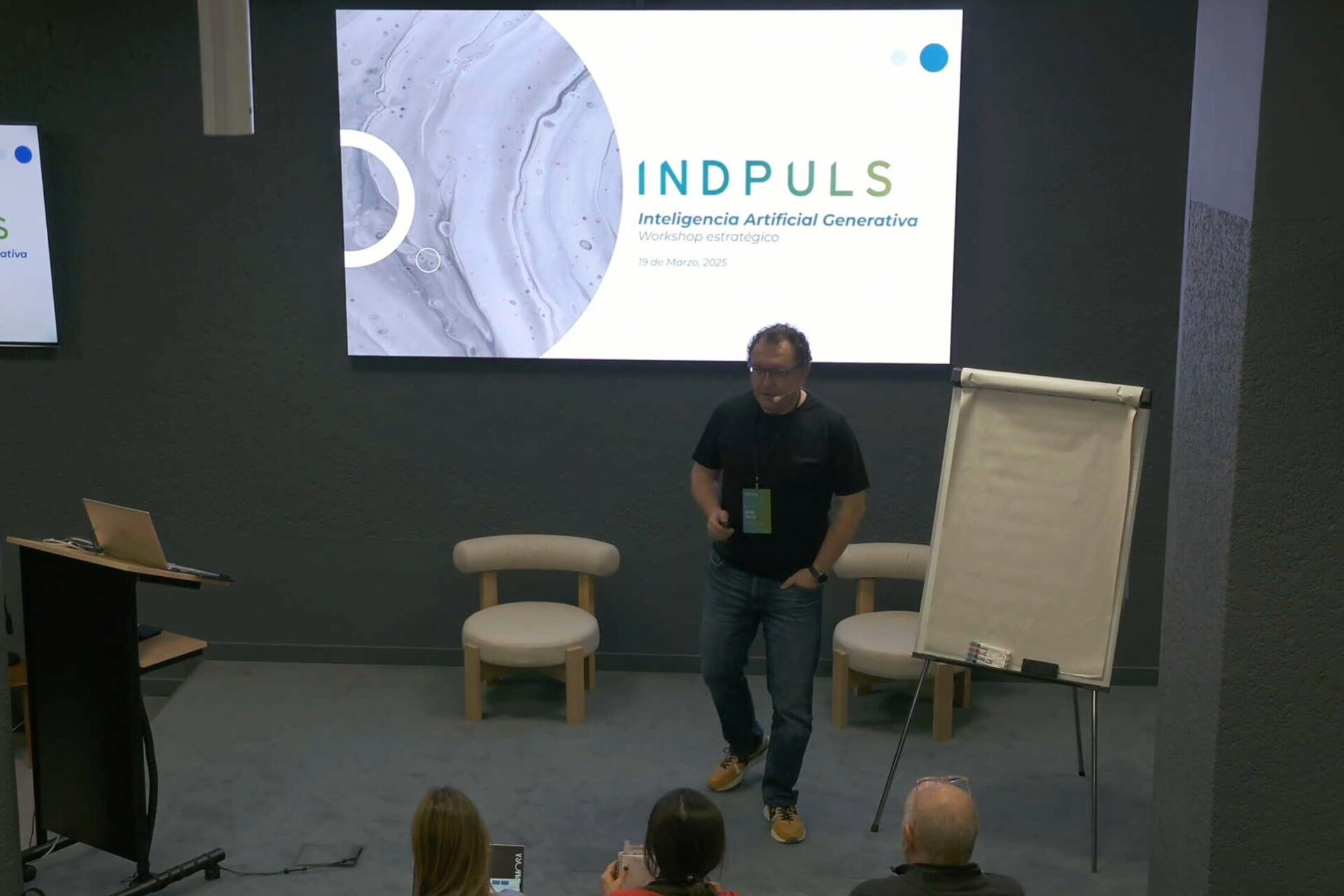
Aleix Valls, CEO and founder of Liquid Lab, led the workshop to explore the present and future of Generative AI in a key session organized by INDPULS, in which the entire community of associated companies and partners participated.
Generative AI is marking a turning point in technological evolution, with an increasingly profound impact across multiple sectors. Understanding its current state, adoption levels, and the challenges it poses is crucial for any organization looking to remain competitive.
In this context, it is essential to analyze not only the benefits and opportunities that this technology offers but also its limitations and risks. Its transformative capacity goes beyond process optimization and increased productivity; Generative AI has become a strategic element that redefines the rules of the global market. Companies that manage to integrate it effectively will not only improve their operational efficiency but also strengthen their competitive position in an increasingly digitalized environment.
Exponential Growth, Market Transformation, and AI Democratization
Generative AI is at an unprecedented stage of maturity, driven by advances in deep learning and a disruptive innovationenvironment that shows no signs of slowing down but is consolidating as a key driver of economic and social transformation. Projections indicate that disruptive innovation—largely led by AI—will experience a compound annual growth rate of 40%, reaching a market value of $200 trillion by 2030.
This unprecedented growth is due to the increasing adoption of AI in strategic sectors and its ability to enhance business performance. But it’s not all benefits; there are also major myths generating fear, such as the idea of a superintelligence threatening human existence, the end of creativity, and a job crisis.
Valls addressed the myths surrounding artificial intelligence, drawing a parallel with Socrates’ view on writing. The philosopher argued that writing was not the best medium for developing thought, claiming that it did not strengthen memory. At that time, knowledge was transmitted orally, a method that, according to him, stimulated the mind and enhanced reasoning and argumentation skills. However, history and technological evolution proved otherwise, and Valls used this timeless metaphor to invite reflection.
On the contrary, the reality and impact of generative artificial intelligence go much further. Its application improves decision-making, facilitates the creation of original content, drives innovation and development, and expands access to knowledge, thus redefining the future of technology.
AI enables the democratization of learning and access to content.
The impact of the democratization of Generative AI translates into four major value-generating levers: time savings, personalization, quality, and greater productivity. From process automation to decision-making optimization, AI is not only redefining how companies operate but also how people interact with technology. The question is no longer whether we should adopt AI but how to do so strategically to maximize its impact and turn it into a sustainable competitive advantage.
Furthermore, it is essential that, in this context, companies establish an ethical and responsible manifesto that reflects corporate culture and best practices for AI usage. Its intelligent and well-directed adoption will make the difference between a superficial transformation and a sustainable and competitive evolution.
Magic Button vs. Adoption Plan
By 2025, AI should not replace human decision-making with a single “magic button” that does everything. Instead of seeking absolute automation, organizations must design gradual adoption plans. Generative AI can enhance efficiency in everyday tasks and free up time for people to focus on higher-value activities, allowing them to quantify optimization.
Generative AI is establishing unprecedented collaboration models. Rather than replacing human labor, it should be integrated into workflows to improve productivity and creativity. True transformation is neither spectacular nor immediate; it is progressive and strategic. The key lies in adapting it to the real needs of each organization.
During the workshop, we also had the opportunity to learn from the valuable experience of Mireia Garcia Roca, Director of Transformation, Strategic Innovation, and Artificial Intelligence at Hinojosa Packaging Group, in the creation of Hinojosa AI LAB and how they are adopting AI in their organization. Ignasi Plaza Álvaro, CEO and co-founder of Protofy.xyz, along with part of his team, shared various use cases with us to ground all the reflections on AI in the realities of our organizations and the industrial sector.
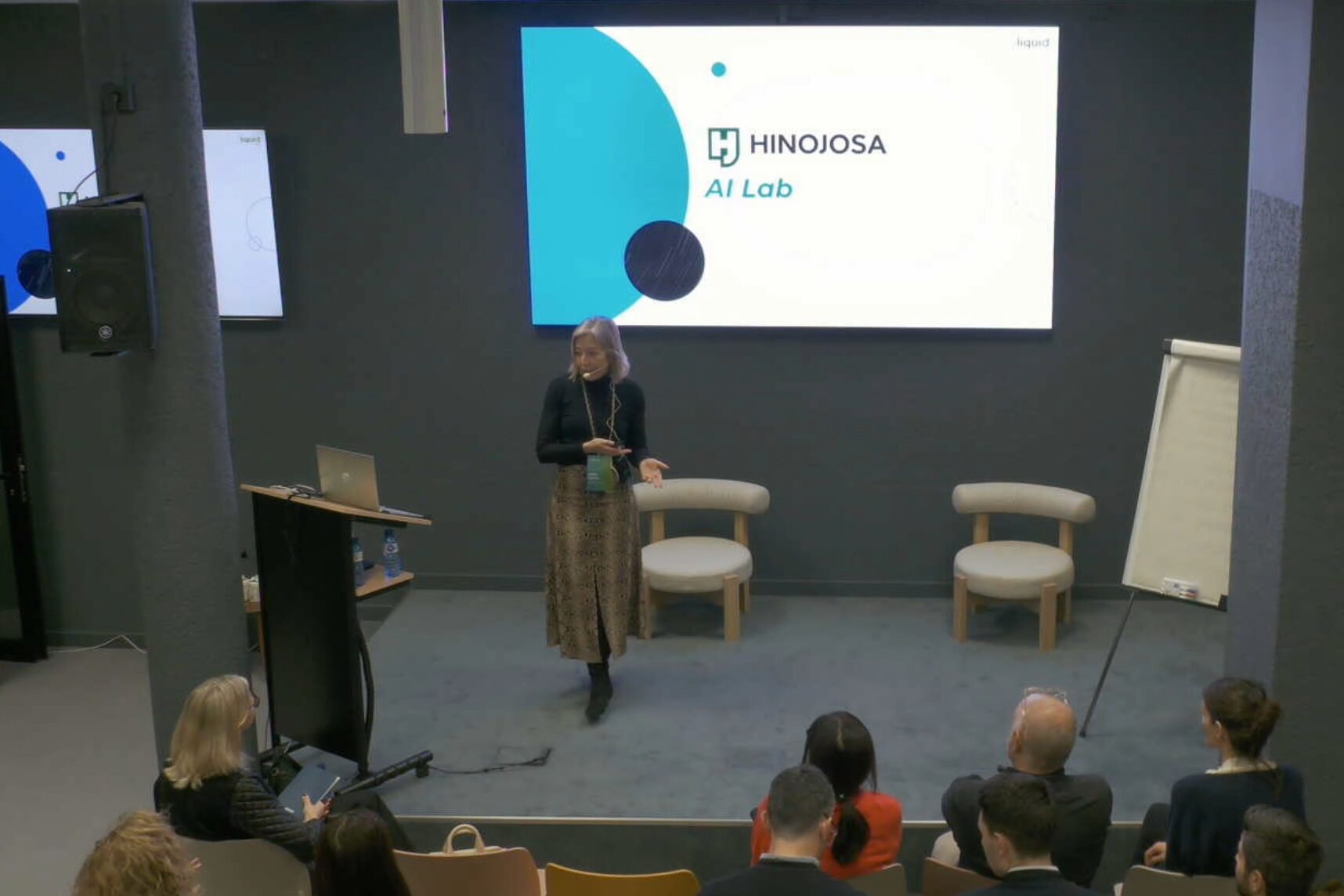
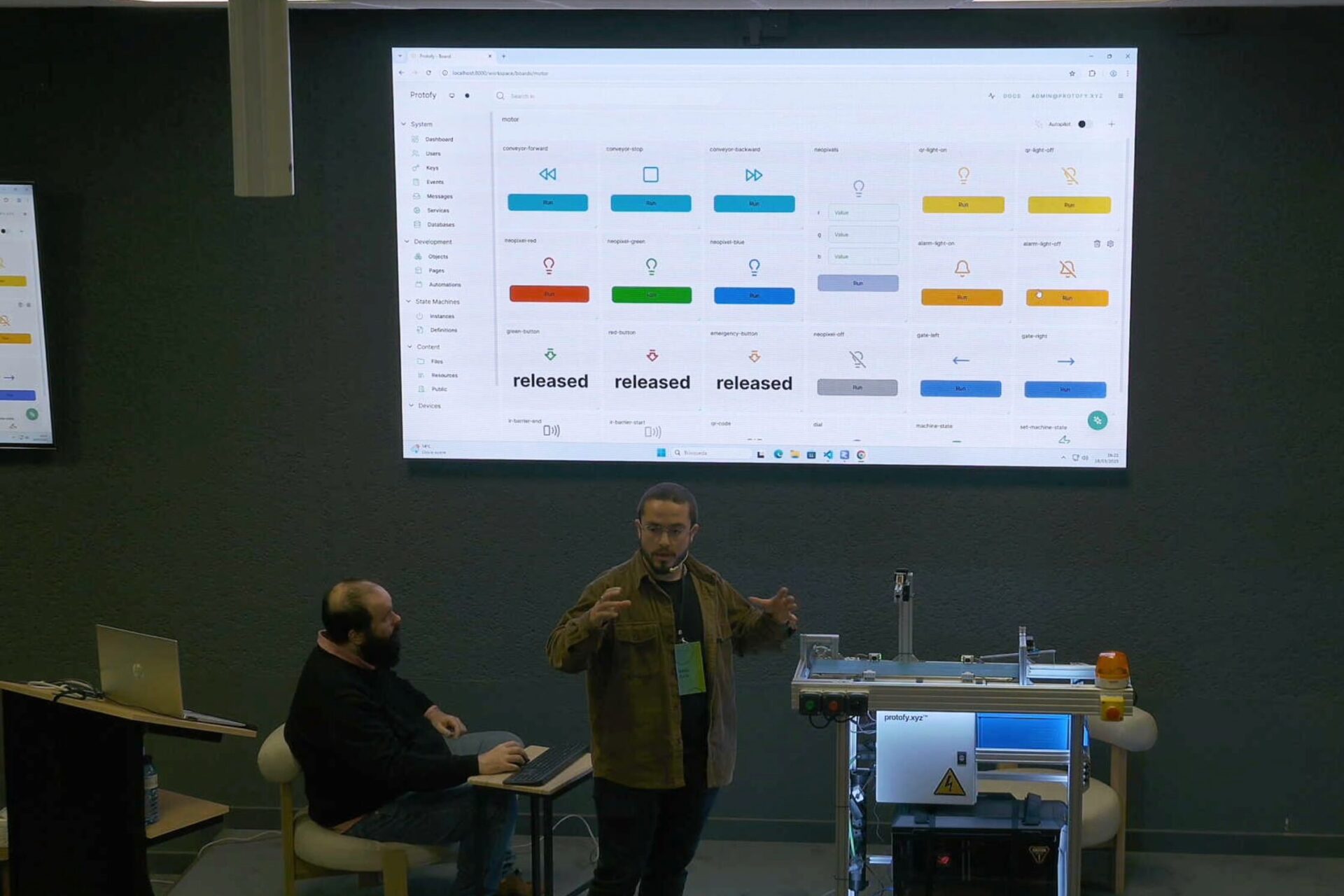
Supported by:


